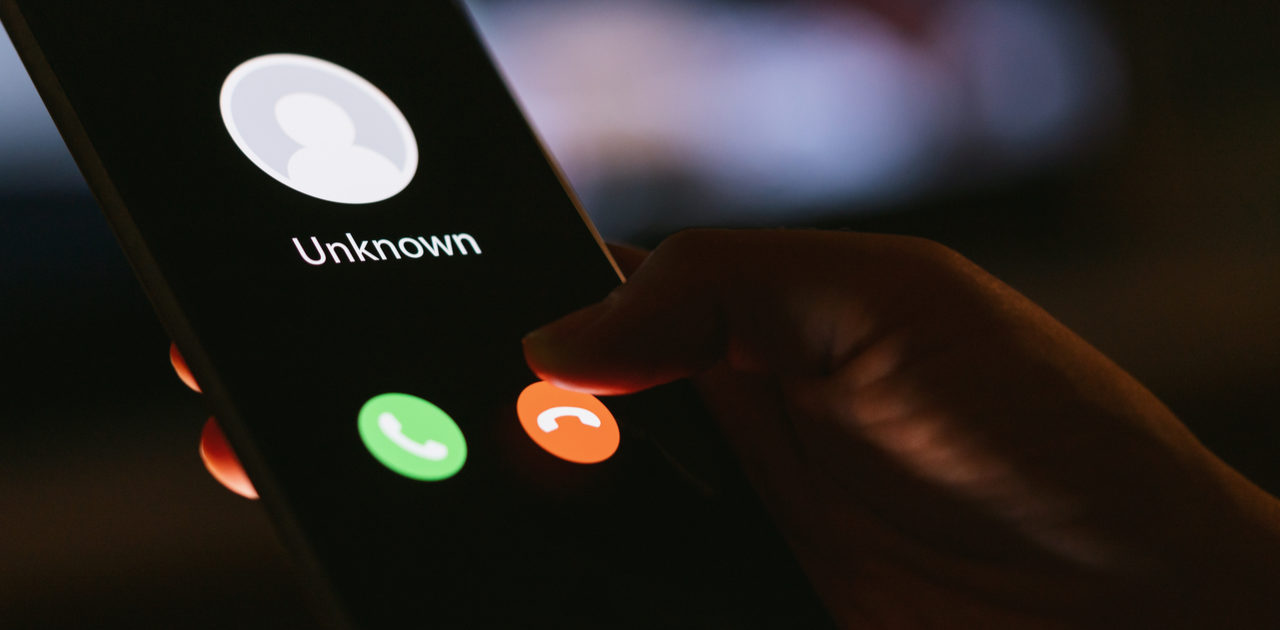
Good Versus Bad Robo Calls
Consumers have a number of tools to fight the scourge of robo calls, without the unintended consequences of missing important automated calls that carry timely reminders or information. As an advisor, you may want to consider the value of such tools.
To view the full article please register below:
Good Versus Bad Robo Calls
In 2018, Americans received almost 48 billion robo calls, or 146 for every person in America.1 Not all of them were scams or unwanted sales pitches. By some estimates, up to 10 percent of these automated, pre-recorded calls were from legitimate callers, (e.g., a dentist appointment reminder; notice of a canceled event due to inclement weather; outreach on a late credit card payment).
Separating the Good from the Bad
Consumers have a number of tools to fight the scourge of robo calls, without the unintended consequences of missing important automated calls that carry timely reminders or information, including:
- Contacting Their Service Provider—Phone companies understand their customers’ frustration and now provide call filter or protection apps and services that may help to separate the unwanted calls from the relevant ones. Some companies will provide this service for free, while others may offer more comprehensive capabilities for a monthly fee.
- Downloading a Third-Party App—If a phone service provider offers an inferior protection service or is deemed too expensive, consider a third-party app, such as Hiya, Nomorobo or Firewall.
- Updating Contacts Lists—Some of the available call protection services and apps operate on a principle of whitelisting, which blocks phone numbers that are not in an individual’s list of contacts. This means that individuals will need to update their contact list with the numbers, such as those of their dentist, doctor or children’s soccer coaches in order to allow automated calls from known contacts to pass through.
- Registering with the Do Not Call Registry—Registration won’t stop illegal robo calls, but it can at least stem the tide of calls from law-abiding businesses and organizations that make outbound sales or fundraising calls.
Legislation to curb robo calls was passed in 2019 by the United States Congress, but an end to such calls is unlikely to come any time soon. While most Americans may be savvy enough to ignore the scams and fraudsters that flood our phone lines, the elderly are very susceptible as a consequence of declining cognitive ability. As an advisor, you may want to consider touching base with your older clients to ensure that they are adequately informed and protected against this financial risk.
Source:
Please reference disclosures: https://blog-dev.americanportfolios.com/disclosures/











